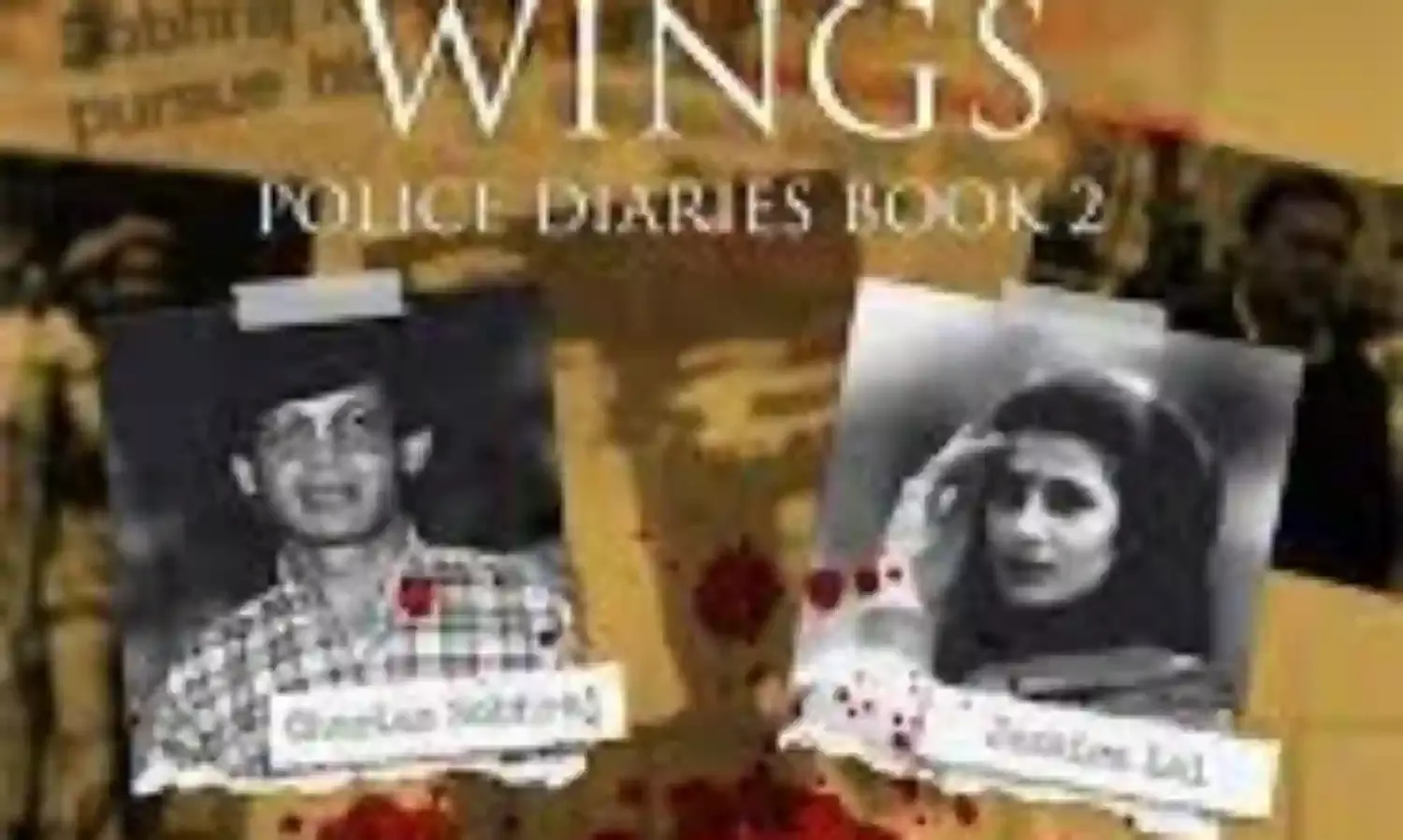"Somebody Has To Speak Out, Why Not Me?"
Former DGP and CBI officer Amod Kanth speaks about his latest book 'Khaki on Broken Wings'
Amod Kanth, a former DGP and CBI officer deals with four prominent cases in his latest book 'Khaki on Broken Wings'. These cases are: Charles Sobhraj, Jessica Lal, Romesh Sharma and the BMW cases that he investigated. He spoke to AMITABH SRIVASTAVA on his latest book, and the possible consequences.
Question: Charles Sobhraj has said in France after his release that he would be suing a lot of people. Are you worried?
Answer: I know I am going to be one of his targets. He was quite frustrated that he could not stop the making of the film 'Main aur Charles'. He said as much to actor Randeep Hooda who met him in Nepal. Hooda played Charles Sobraj on screen, with great conviction. Adil Hussain has played my character in the film with my full consent. Let's see!
Q: This book names a lot of judges, advocates, journalists, and even your seniors in Delhi Police. You have named some journalists for being too cosy with Charles Sobhraj. Will this not lead to trouble?
A: Somebody has to speak out.Why not me? Look at the way the advocates behaved and created lobbies in the BMW case, or the way the highest court was about to let go of the culprits in the Jessica Lal murder case on the basis of a botched up forensic report till I intervened again to get justice for Jessica without holding a placard like many.
As for journalists, you yourself are proof that my relations with the media have generally been very cordial. I have devoted quite a lot of space to my relations with the media in this book as well. I understand they have their priorities of exclusives for stories and channels. But some of them went so far as to help a serious criminal who was in Tihar jail in getting foreign exchange etc and all this is on record.
There is a Lakshman Rekha that no one can cross and I am ready to face the consequences if there are any. My forte is my habit of maintaining a regular diary which is irrefutable and that is the basis of my book.
Q: Having seen the working of the police so closely in various capacities and after retiring as well do you hope one day there would be a reappraisal of the Indian Police Act?
A: In my first book I wrote a lot about the need to modernise the Indian Police Act which was basically made to crush the 1957 Mutiny by the British. But the judgments and pronouncements in cases by the Judiciary in the last few years offer hope that modern thought and movements across the globe are giving a fresh perspective.
I and many of us have very serious reservations about the law on Sedition and UAPA and I am hopeful that these will be repealed or revisited by the government befitting a vibrant and strong democracy like India.




